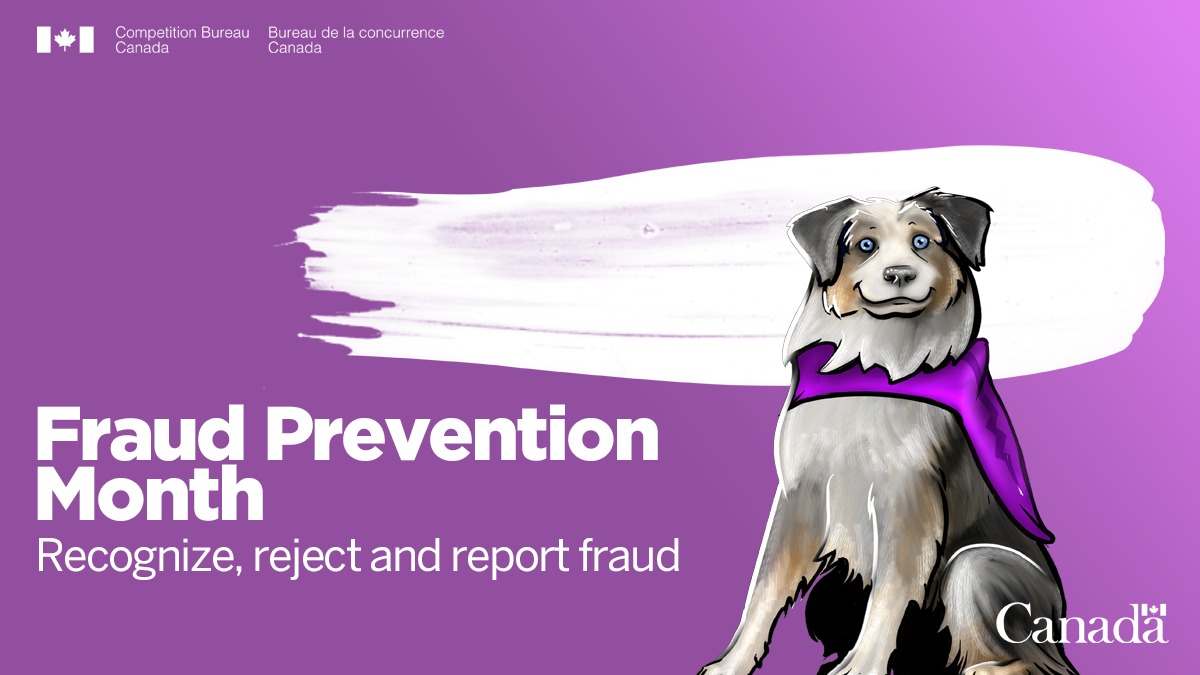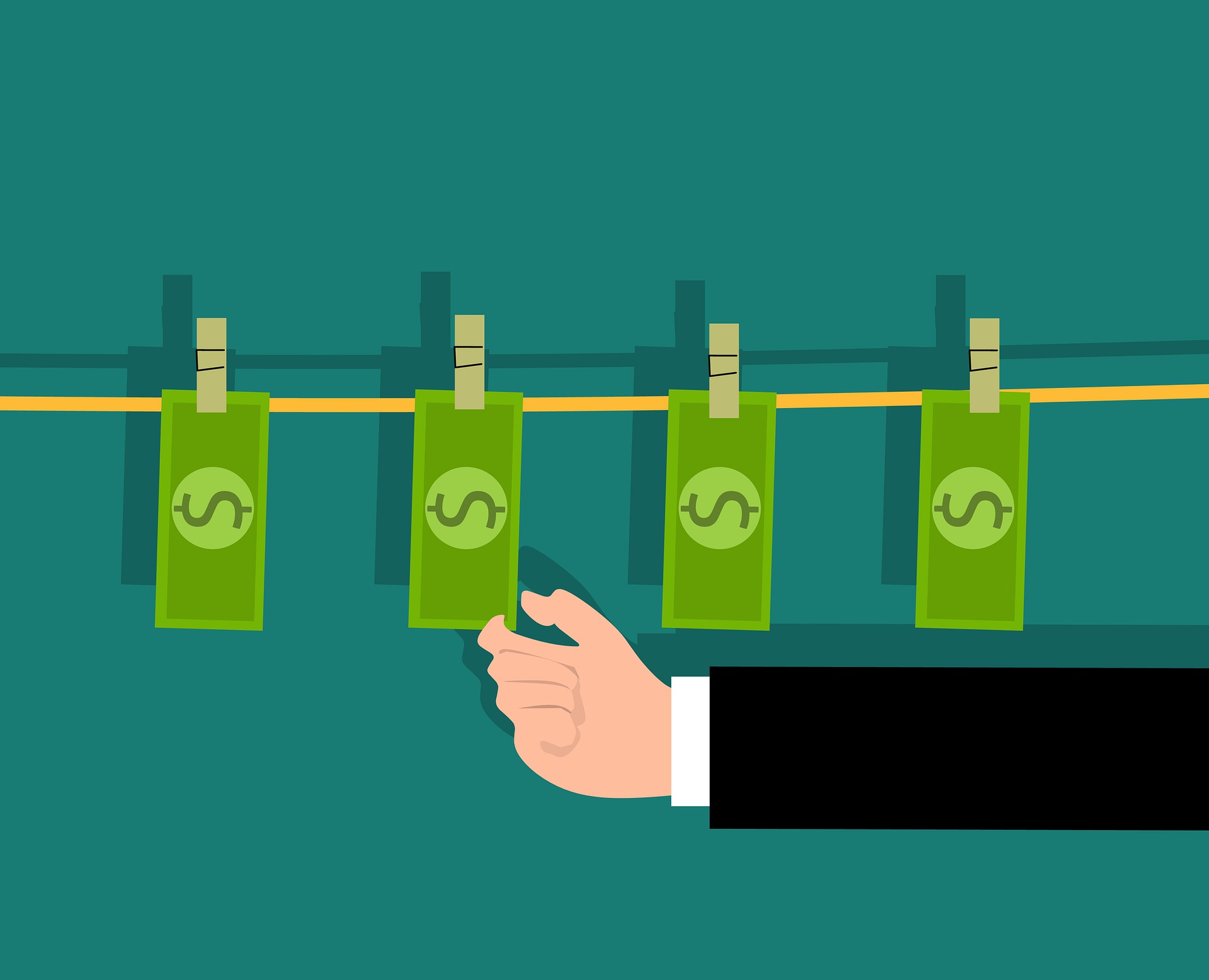
Every year, thousands of Canadians fall victim to fraud. Most people don’t think it could happen to them, but fraudsters increasingly use sophisticated methods to target people from all walks of life. More and more of these schemes are being attributed to organized crime. The impact on individuals, families and businesses is devastating – retirement savings, homes, businesses and in some cases, lives have all been lost.
Cyber-related incident numbers at a glance
- The top reported incident in 2020 overall was spear-phishing (1,367 reports involving 648 victims with a possible dollar loss of just under $27.9 million). Of those 648 victims, 472 were Canadians. A separate category includes reports of what is categorized as general phishing fraud (just over 3,400 reports representing just over 1,000 people).
- The second-highest incident was romance-related scams (1,357 reports involving 868 victims with a possible dollar loss of just over $24 million).
- The third-highest incident was investment scams (585 reports involving 508 people with a possible dollar loss of just over $19 million).
- These three categories total $71 million of the $101 million in cyber-related losses for last year.
- Of the overall fraud incidents (including cyber-related) reported to the centre in 2020, extortion led the list (17,360 reports representing 6,689 victims and losses totaling $12.5 million). This was followed by identity fraud (16,970 reports representing 16,970 people) and personal information scams, such as phone scams (6,649 representing 4,386 people).
Resources
The Little Black Book of Scams: find tips to recognize the latest frauds

Test your fraud-fighting skills with this Fraud Quiz
Video: Information Security – 5 Cyber Security Tips for Online Shopping
Prevention methods
You can avoid identity theft and financial fraud by taking sensible precautions. We all have the responsibility to protect our finances as much as possible.
Personal information
- Share your personal information only with companies you know and trust.
- Keep your wallet or purse out of reach in public places, in crowds and on public transportation.
- Don’t carry identification (ID) you don’t need with you, such as your social insurance card, birth certificate or passport. Keep it in a safe and secure area.
- Lock your household mailbox if possible. If you are going to be away, ask a trusted neighbour to pick up your mail or arrange for Canada Post’s hold mail service.
Credit and debit cards
- Limit the number of credit cards you hold, and check your statements each month. Correct any errors or unfamiliar transactions immediately.
- Shield the keypad when you are entering your personal identification number (PIN) at a bank machine or store.
- Check your credit report once a year. You have the right to get a free credit report by mail from Canada’s two credit bureaus, Equifax and TransUnion.
- Don’t give out the three- or four-digit security number on the back of the card (or other security numbers) except to legitimate companies or on secure sites.
On the computer
- Make sure any website you are using is secure before transmitting passwords or personal information. (Look for https in the address bar and the locked padlock symbol.)
- Delete any email that asks for personal information.
- Ensure that your computer firewalls and virus or spyware checkers are up to date.
- Log directly onto websites you choose to visit instead of clicking on links in emails you receive.
- Create hard-to-guess passwords and change them frequently. **see below for password best practices.
- Don’t keep all of your PINs and passwords in one place on your computer or in your desk.
- Don’t pick a security question that is public information, such as your mother’s maiden name or the city in which you were born.
On the telephone
- Hang up on telemarketers who seem to be fishing for personal information, such as your birthday.
- Never give details about your bank accounts or credit cards over the phone to anyone you do not know. Use a phone number that is listed publicly to contact the company yourself.
Investing
- If someone tries to sell you an investment, call your provincial or territorial securities regulator to check if the person is appropriately registered.
- If an offer sounds too good to be true, it probably is! Be skeptical.
- Beware of “get rich quick” promotions, including work-at-home schemes that say they require little effort or investment, or marketing plans where you have to bring in new members.
- Get independent advice before investing, especially if you feel pressured to invest, if someone asks you to send money, or if someone you don’t know asks for personal information.
- Ask questions and ask for written documentation, such as a prospectus, about any investment before handing over your money. Never sign any document you have not read carefully or don’t fully understand. Show the prospectus or documentation to a financial adviser if you are not sure if it is a sound investment.
Banking and payments
- If you receive a cheque and are asked to return a portion of the funds by money transfer, beware!
- Burn or shred any mail or financial papers containing your personal information. Never recycle them or throw them into the garbage.
- Save paper banking records for three years so you can prove your account balance in the event of identity fraud. Then burn or shred them.
- Check your bank account statements monthly (or more frequently online) to catch any errors or unauthorized transactions.
Lotteries
- If you are told you are a lottery winner, ensure it is a draw you actually entered.
- Never send a fee or give financial information to collect a lottery or sweepstakes prize.
Public WiFi networks
- Be careful what password information you give out when using a public network such as at the library or an Internet café. Many sites store password information in temporary files, and the next computer user could access them.
- Used enhanced security settings.
- Do not enter personal financial information on public networks.
- Delete your online history before you leave the computer.
Charities
- Be cautious if you are asked to donate. Check directly with the charity. Go to Canada Revenue Agency to check their Charities Listings.

Fraud protection and social networking
How much personal information does a fraud artist need to steal your identity or financial information from your social networking site? Not much! Fraudsters can use basic information such as your name, address and telephone number to steal your identity and gain access to your money.
Tips for staying safe on social networking sites:
- Never post anything that could be used by fraudsters, such as your full name and address, date of birth, telephone number, Social Insurance Number or details about your finances or employment.
- Learn about the security and privacy features on the site you are using, and set them to the most secure level that lets you use the features you need.
- Limit your “friends” to people you know.
- As you build your profile, ask yourself whether each piece of information could be used by a financial predator.
- Don’t trust that a message is really from whom it says. Hackers break into accounts and send messages that look like they’re from your friends.
- Don’t allow social networking services to scan your email address book.
- Be careful about installing extras on your site. Criminals sometimes use these applications to steal your personal information.
Password Best Practices

Trusted contact person
What is a trusted contact person (TCP)?
- A TCP is someone your advisor can reach out to if he or she is concerned you are being financially exploited or are making poor decisions based on diminished mental capacity
Who needs a TCP?
- Seniors, who can be more vulnerable to both financial fraud and age-related mental health issues, should have a TCP – but it’s also a valuable additional layer of protection that can benefit anyone
Why do advisors recommend a TCP?
- Advisors are often in the best position to see changes in financial behaviour that may indicate a problem. With a TCP, they have someone to contact with their concerns who has your best interests at heart.
How is a TCP different from a POA?
- A power of attorney (POA) gives someone else authority to make financial decisions for you, either right away or if you become incapacitated. A TCP does not and will never have this authority.
How do you set up a TCP?
- Talk to your advisor about what is required to name a TCP and allow your advisor to share limited information with him or her. The paperwork is relatively simple but can vary from advisor to advisor
Manulife Securities

Why we fall for fraud
There are many reasons—and fraud artists are good at using all of them.
- We’d all like to believe we can get something for nothing—such as free prizes—so we may be more gullible when we hear that pitch.
- We believe what our friends and relatives tell us. Sadly, fraud is often committed by people who prey on our friendship and trust to swindle us.
- Fraud artists are very convincing. Their fake websites, ads and flyers look just like those of real organizations we’re accustomed to dealing with.
- Fraud artists use legitimate sales tactics in their pitches, so it can be difficult to see through them. They often pressure us to participate by saying that time is running out or that all of our friends are investing.
- Often, fraudsters warn us not to call the government, regulators and banks. They say it’s a secret opportunity or a hot tip, and we’ll lose out on a great deal if we do. Of course, this helps the crooks go undetected.
- They play on our desire to make a contribution to a worthwhile cause.
- We’re embarrassed. When we do fall for fraud, we don’t like to admit it, or reveal how much money we lost. But without reporting a scam, there’s no chance of recovering the losses or catching the thief. So the fraudster is free to scam other people. That’s why it’s important to report all fraud and attempts at fraud.
Reporting Fraud
Canadian Anti-Fraud Centre to report fraud
BC Securities Commission to report financial fraud
Interesting Read: Top 14 Financial Frauds of All Time
If you would like to discuss this topic in greater detail or have any questions, please reach out to a member of your Arbutus Financial Team.
Sources: